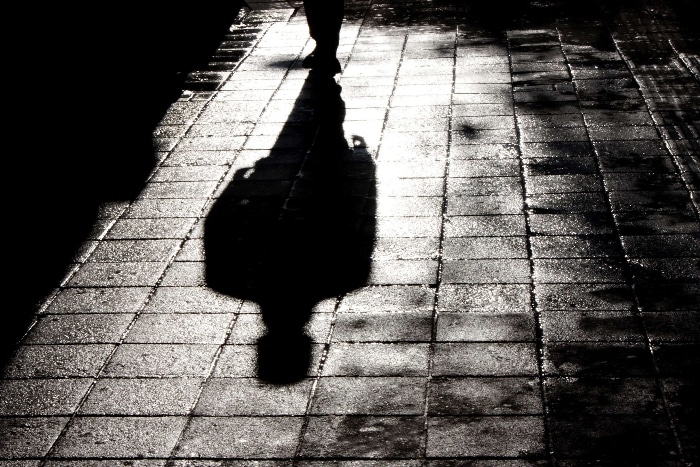There are deep disagreements about the morality of espionage. Can it be morally justified?
Presented by Manchester Lit & Phil
One of the deepest difficulties in war faced by soldiers and their political leaders is uncertainty: how can they know whether their putative enemies might be on the verge of attacking them? How can they know whether their war, and individual acts within the war, are justified? By procuring information about their enemy. And how can they do that? By spying on them.
Yet there are deep disagreements about the morality of espionage. Some argue that it is clearly morally justified; others think that it is immoral, or ‘dirty’.
In this talk, Professor Cécile Fabre will argue that espionage is morally justified, indeed morally mandatory – as a means to serve just war ends, but also as a means to minimize occurrences on which soldiers, leaders, civil servants, and citizens will act unjustly.
This is the case, Cecile argues, even though spies often have to lie, deceive, manipulate, and exploit their enemies. Her reasoning will be illustrated through some historical examples, such as the Allies’ deception operations during the Second World War, or the recruitment of human sources from within the enemy who, if found out, will be regarded as traitors.
Can espionage be ethical? Join us to hear the argument for its moral justification, and then decide for yourself.
Book Spying through a glass darkly at International Anthony Burgess Foundation




